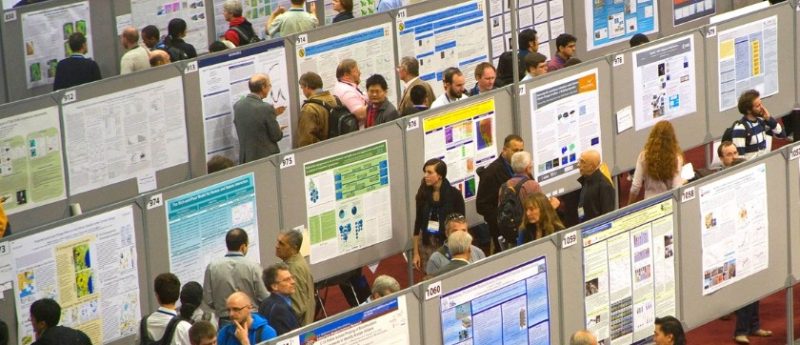WCLC 2019 Day 1 news highlights

Discover key headlines plus expert opinions on study results in our news highlights from day one of the IASLC World Conference on Lung Cancer (7–8 September, Barcelona, Spain).
CheckMate 817 trial demonstrates that nivolumab-ipilimumab combination is safe for certain patients
Results of the CheckMate 817 trial have demonstrated that combining the PD-1 immune check point inhibitor Opdivo® (nivolumab) with the monoclonal antibody Yervoy® (ipilimumab) is safe as a first-line therapy for lung cancer patients with other comorbidities such as HIV, brain metastases, kidney and renal disease.
The trial comprised two groups of patients, one group totalled 198 patients with an Eastern Cooperative Oncology Group (ECOG) score of PS 2 or ECOG PS 0–1 with asymptomatic untreated brain metastases, hepatic or renal impairment or HIV. The second group comprised 391 patients with an ECOG of PS 0-1.
“First-line flat-dose nivolumab plus weight-based ipilimumab showed a consistent safety profile in special populations with advanced NSCLC, including those with ECOG PS 2. Patients with either high TMB or higher tumor PD-L1 expression appeared to exhibit improved efficacy,” Fabrice Barlesi (Aix-Maseille University, France) reported.
Data for two new patient groups from the KEYNOTE 021 trial reported
Novel data has been presented from the KEYNOTE 021 clinical trial from two new groups of patients; the two new groups were termed cohort C and cohort G. Tumor mutational burden (TMB) was evaluated for 70 of the patients across the different cohorts.
Cohort C received pembrolizumab plus carboplatin and pemetrexed. Patients in cohort G were randomized 1:1 to pembrolizumab plus carboplatin and pemetrexed or carboplatin and pemetrexed alone.
“In this exploratory analysis, TMB was not significantly associated with efficacy of pembrolizumab plus carboplatin and pemetrexed or carboplatin and pemetrexed alone as first-line therapy for metastatic nonsquamous NSCLC,” Corey Langer (Abramson Cancer Center of the University of Pennsylvania, PN, USA) reported.
“TMB was also not significantly correlated with PD-L1 expression. Among pembrolizumab plus chemotherapy-treated patients, overall response rate was high in both the TMB low and high subgroups,” Langer added.
Analysis from the MYSTIC trial reveal mutations associated with senstivity or resistance to immunotherapy
Results for the recent MYSTIC trial were presented by N Rizvi (Columbia University Medical Center, NY, USA). The MYSTIC trial is a randomized, open-label, Phase III trial of durvalumab monotherapy or durvalumab in combination with tremelimumab versus chemotherapy in the first-line treatment of patients with epidermal growth factor receptor and anaplastic lymphoma kinase wild-type, locally-advanced or metastatic non-small cell lung cancer (mNSCLC).
The global trial spanned 203 sites across 17 countries, with researchers evaluating circulating tumor DNA specimens from over 1000 patients, each of which was profiled using the GuardantOMNI platform (Guardant; CA, USA). Survival outcomes were analyzed in those with non-synonymous somatic mutations as well as their wild-type equivalents.
Of the 943 with evaluable mutations, mutations in STK11 (16%), KEAP1 (18%) and ARAID1A (12%) were the most frequent. Across all treatment arms, those with the mutated form of STK11 or KEAP1 had a shorter median overall survival than mNSCLC patients with the wild type form of the gene. In the combination durvalumab plus tremelimumab arm, patients with ARID1A mutations had a longer median overall survival rate than patients with ARID1A without mNSCLC





